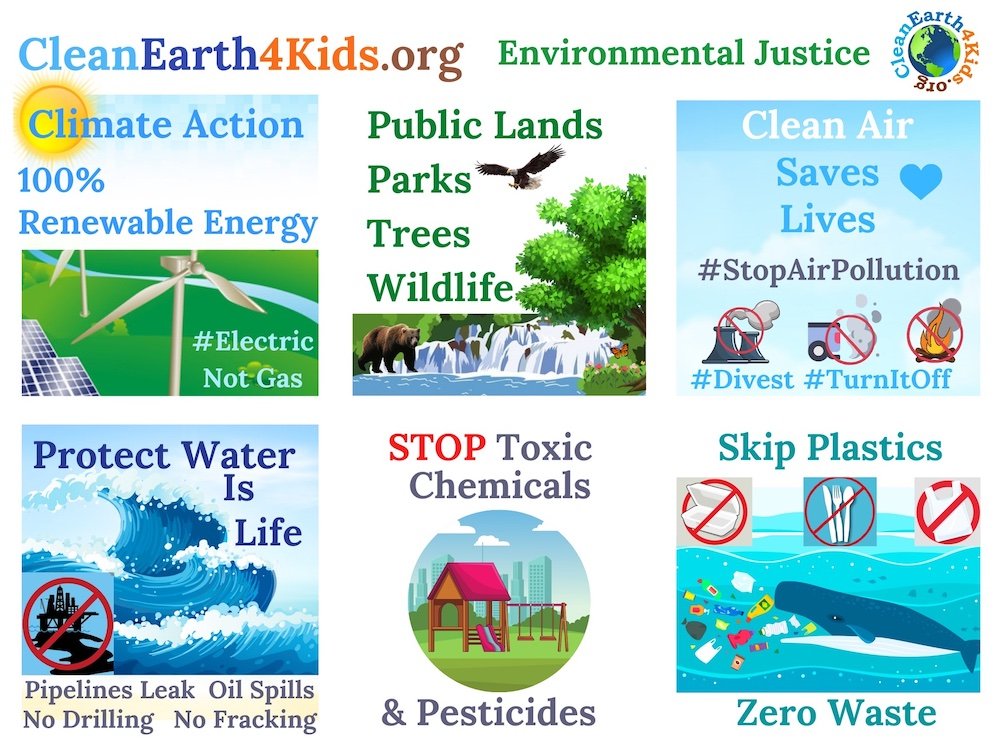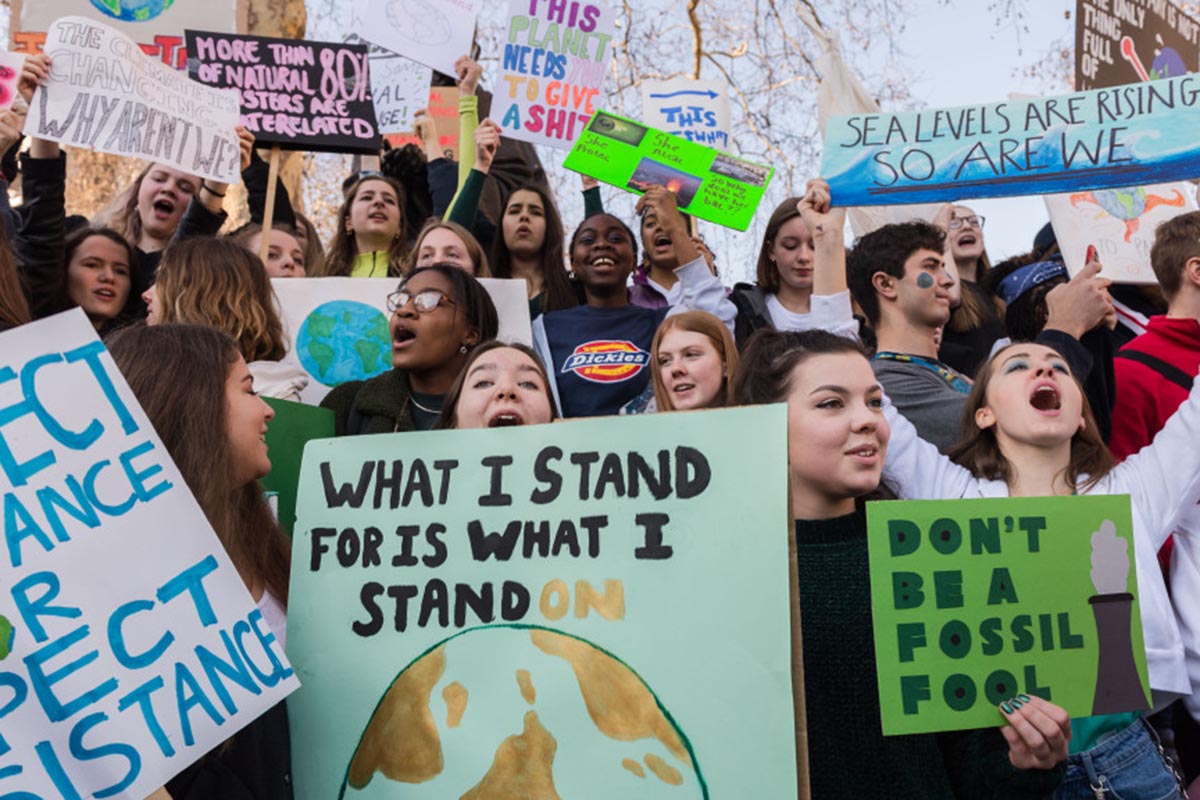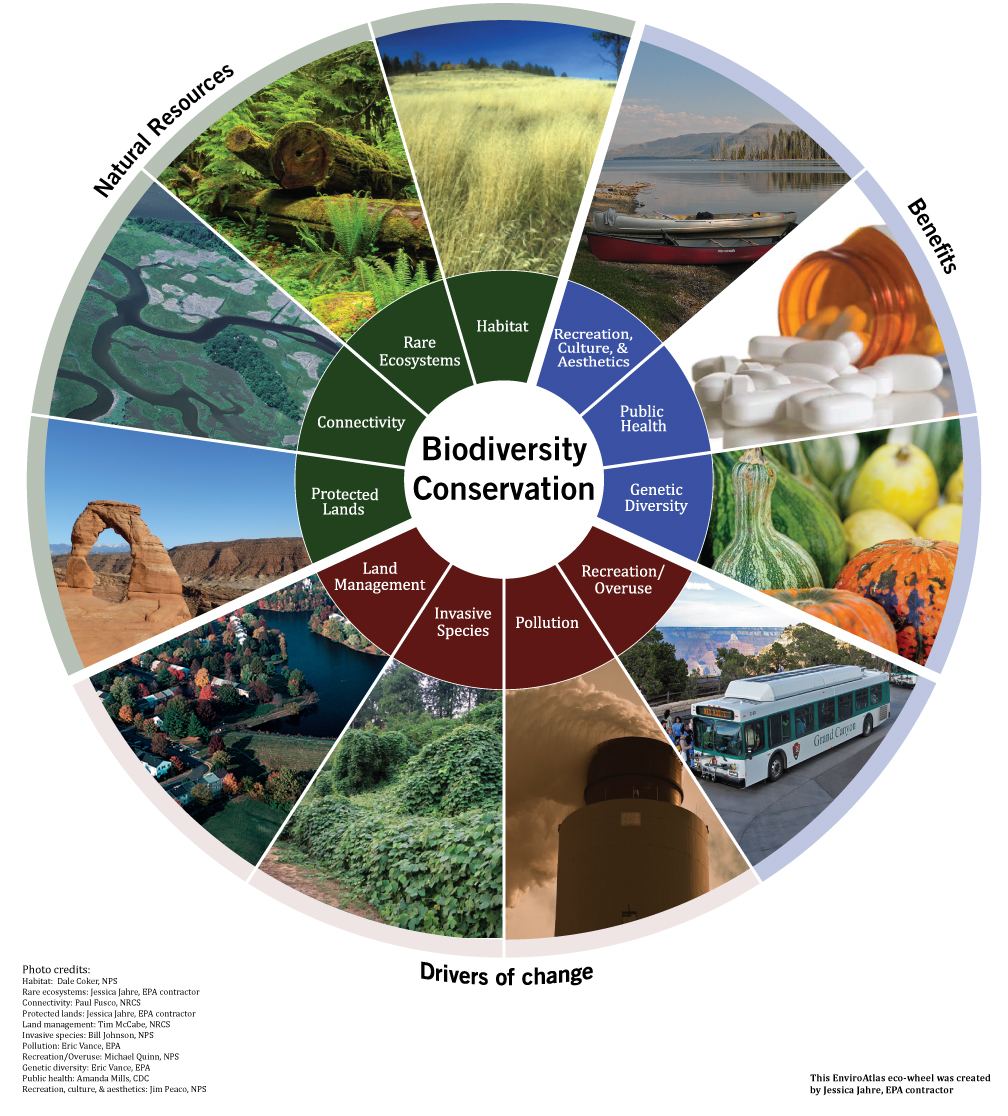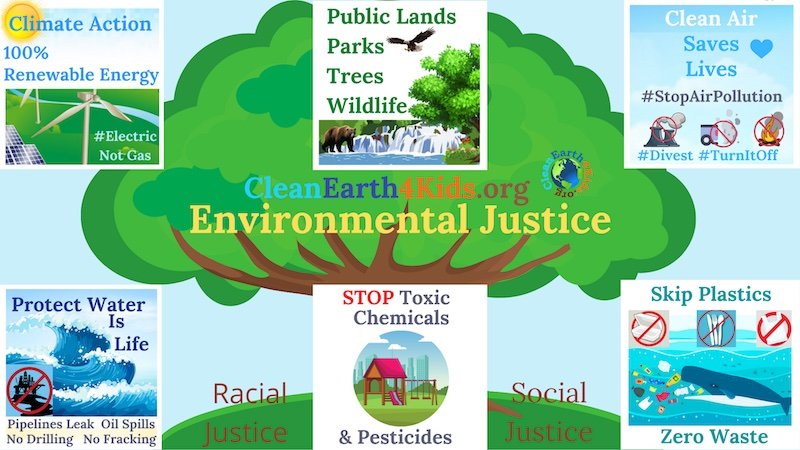As the world continues to grapple with the effects of climate change, it is becoming ever more important to conserve wildlife and their habitats. Wildlife conservation is a crucial part of protecting our planet and ensuring long-term sustainability for our environment. Not only does it help protect endangered species, but it also helps preserve the diversity of life on Earth, which is essential for maintaining a healthy and balanced ecosystem.
Wildlife conservation has a direct impact on our environment in many ways. It helps maintain natural resources such as food, water, and clean air. As animals play an important role in the food chain, their protection helps preserve the balance of the food web and the health of the ecosystems they inhabit. For example, protecting predators helps keep prey populations in check and preserves the natural balance of the ecosystem.
Wildlife conservation also helps protect our environment by providing essential services such as pollination, soil aeration, pest control, and water regulation. By protecting the habitats of wildlife, we can ensure these essential services continue to be provided and our environment remains healthy.
In addition to the environmental benefits, wildlife conservation also helps play an important role in the economy. Tourism, hunting, and fishing are some of the industries that rely heavily on healthy wildlife populations. Without wildlife conservation, these industries would suffer and our economy would suffer as a result.
It is clear that wildlife conservation is essential for protecting our environment and maintaining its health. Conservation efforts should be supported and strengthened in order to ensure the long-term sustainability of our planet’s natural resources. By taking steps to conserve wildlife, we can help ensure the health of our environment and the prosperity of our economy.











